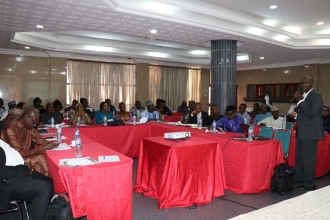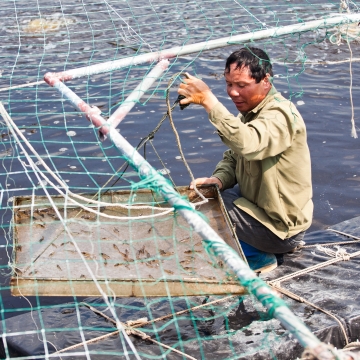
Research on Marine Artisanal Fisheries Recommends Review of Nigeria’s Fishery Act
The Resource and Environmental Policy Research Centre, Environment for Development (REPRC-EfD) Nigeria, has proposed a review of Nigeria’s Fishery Act of 1992 to accommodate regulatory measures that…



